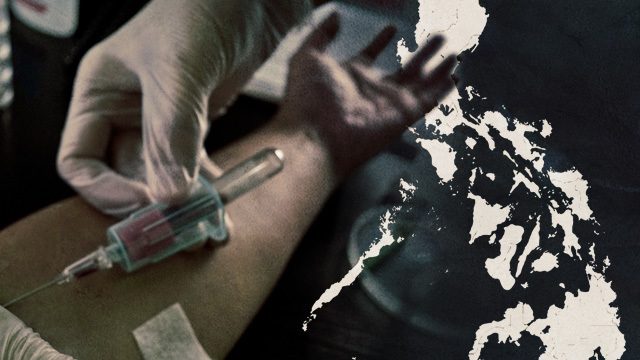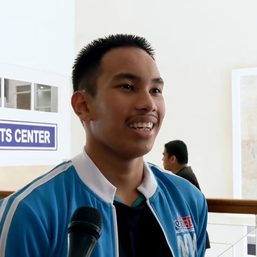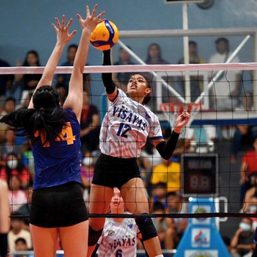SUMMARY
This is AI generated summarization, which may have errors. For context, always refer to the full article.

MANILA, Philippines – Minors from 15 to 17 years old may now undergo HIV (Human Immunodeficiency Virus) testing even without parental consent.
Meanwhile, if they are younger than 15 and are pregnant or engaged in high-risk behavior, they are also eligible for HIV testing and counselling, given the assistance of a licensed social or health worker. (WATCH: What can you do to encourage HIV testing?)
These are key provisions under the Philippine HIV and AIDS (Human Immunodeficiency Virus and Acquired Immune Deficiency Syndrome) Policy Act of 2018 or Republic Act (RA) No. 11166, a new law that repeals RA No. 8504 or the Philippine AIDS Prevention and Control Act of 1998, to take into consideration more current knowledge on dealing with HIV/AIDS.
Health Secretary Francisco Duque III signed the new law’s implementing rules and regulations (IRR) on Friday, July 12, nearly 7 months after President Rodrigo Duterte signed the policy into law in December 20, 2018.
Other provisions
Under RA No. 11166, the Philippine National AIDS Council (PNAC) is reconstituted and put in charge of overseeing the overall implementation of the AIDS Medium Term Plan, a 6-year blueprint for the prevention and control of the spread of HIV and AIDS in the country.
The law has also been hailed by lawmakers for having human rights as one of its central principles. It states that the PNAC, with the Department of Justice and the Commission on Human Rights, must ensure that there is no discrimination in the delivery of HIV and AIDS services by public and private service providers. (READ: Denying health, life insurance to people with HIV illegal – lawmaker)
RA No. 11166 is also tasked to strengthen HIV/AIDS education, mandating schools to focus not just on the right to information but also on ways to reduce stigma and discrimination. Stigma often discourages people from getting tested for HIV, according to health secretary Duque.
The new law also imposes stiffer penalties on those who breach patients’ right to confidentiality. It could mean 5 to 7 years imprisonment and/or a fine of P350,000 to P500,000 for health professionals, medical instructors, insurance companies, among others, who breach confidentiality.
RA No. 11166 also specifies bullying as a discriminatory act with a corresponding penalty. This was a provision that the 1998 law did not have.
“Laboratory science has reduced HIV from a death sentence to a manageable health condition. [Our task is to] perfect the science of delivering these technologies,” said Duque.
DOH statistics show that the Philippines had the fastest growing HIV/AIDS epidemic in the Asia-Pacific region from 2010 to 2016.
There have been 66,303 confirmed cases of HIV infection in the Philippines from January 1984 to April 2019. From January to April 2019, a total of 281 deaths due to HIV infection were reported.
At the signing, Duque also stressed the importance of laws such as RA No. 11166 in complementing the overall implementation of the universal health care. “There can be no universal health care without care for all of our HIV/AIDS patients,” said the health secretary. (READ: EXPLAINER: What Filipinos can expect from the Universal Health Care Law) – Rappler.com
Add a comment
How does this make you feel?





There are no comments yet. Add your comment to start the conversation.